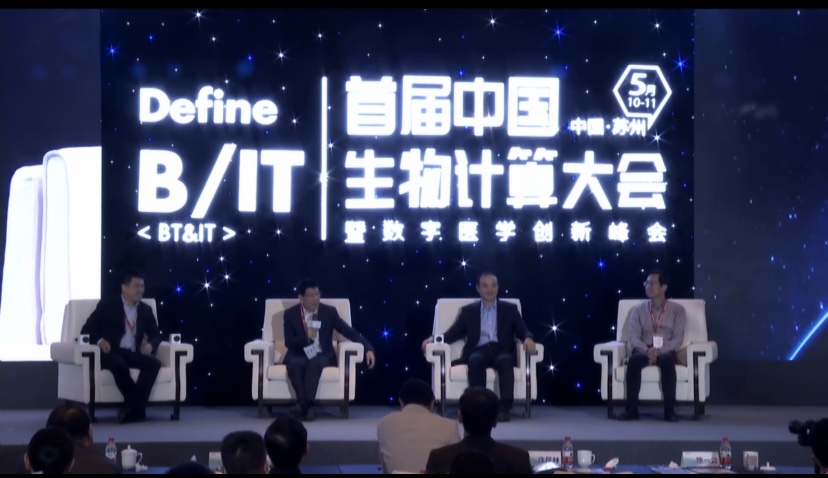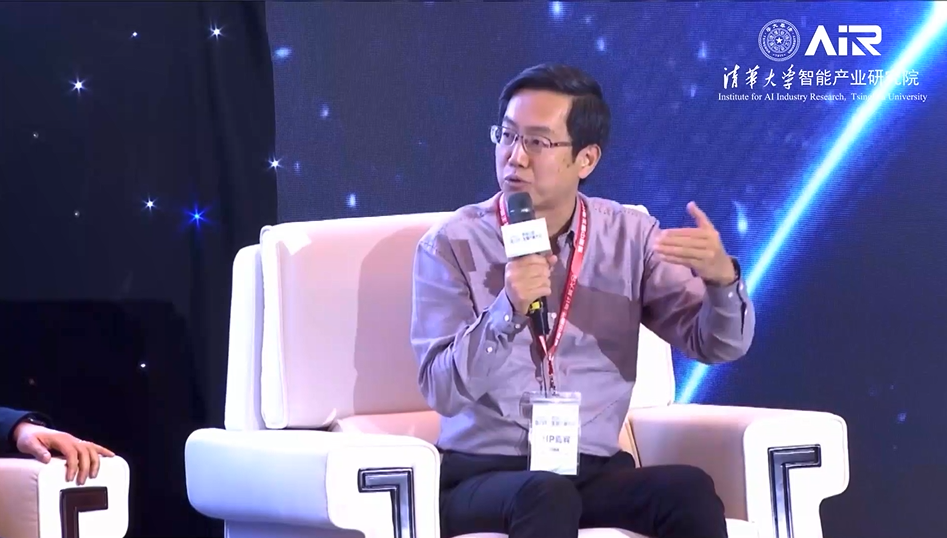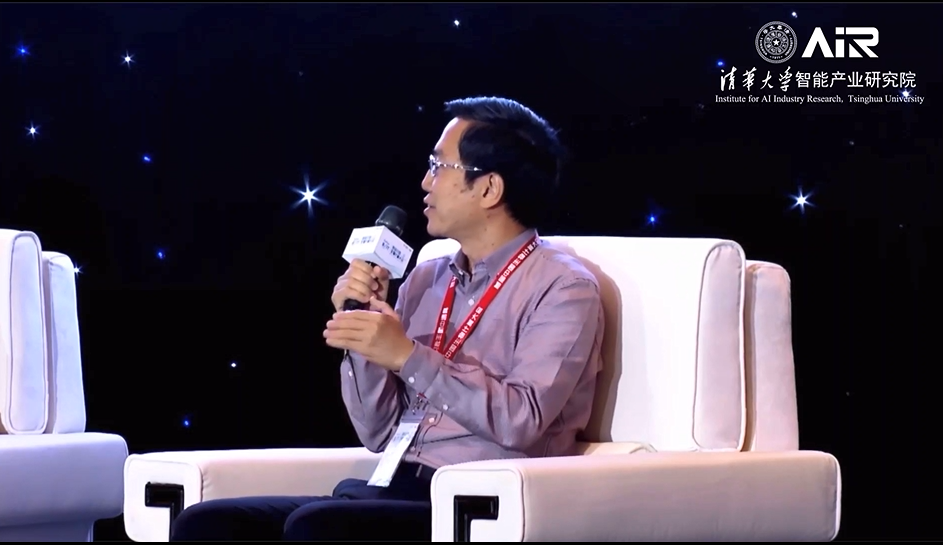On May 10, AIR Professor and Principal Investigator Wei-Ying Ma attended a forum on biocomputing in which experts from the both industry and academia shared their ideas on “an interdisciplinary mode for new drug discovery”. The forum was part of the two-day Biocomputing Conference of China held in Suzhou.

Wei-Ying Ma, who switched his research focus from AI for Internet to life sciences, sees great potential in life sciences, pointing out that in the next decade, there will be an AI boom in life sciences and biocomputing, just like what happened with the Internet in the past two decades. “I’m excited to see that there’s something new in life sciences every day. It’s a blue ocean that might well disrupt medicine and healthcare,” he said.

He also expresses his expectations for smart healthcare, that AI will speed up new drug discovery and realize personalized healthcare. “More personalized therapies are coming up, including immunity therapy. But they’re still expensive and not precise enough. AI will be a real disruptor if it can lower the cost and improve R&D efficiency and precision,” he said.
On what AI can do for personal health, Wei-Ying Ma thinks that as people pay more attention to health and even use wearable devices for monitoring, more engagement in health management and personal health data will mean more valuable data for life sciences.

Meanwhile, Wei-Ying Ma admits that there are challenges in building a closed-loop model for data and AI. “We need an ecosystem,” he said, “and cross-disciplinary capabilities to connect data and knowledge.” He also wants to integrate the knowledge engine and knowledge graph into deep learning, and open wet labs, in order to push innovation and scientific discovery.
Lastly, he boldly envisions that AI will bring forward personalized drugs. It’s an opportunity, and a direction AI is now headed to.


